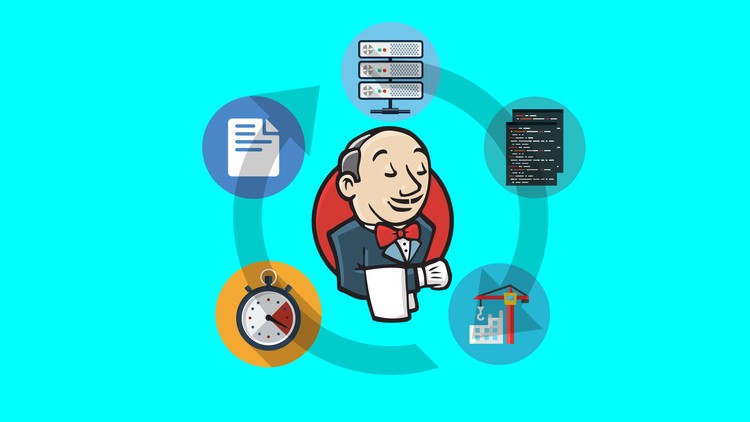Jenkins is a powerful tool that allows continuous integration and on time delivery of projects. It does not matter for Jenkins projects that on which platform you are working. Jenkins is a tool that is used for any type of project building and provides continuous integration. It is free source tool which can be integrated with any type of testing method and deployment technologies. Jenkins is free open source server written in java and server is running on servlet container like apache tomcat. Before getting involved in Jenkins integration with other platforms, you must have knowledge about software development life cycle.
Jenkins is new technologies which may be integrated with any type of old technology. Candidates, who are software professional, must have information about this integration tool. You may join course program for continuous integration Jenkins certification. Course program of Jenkins will provide much more information knowledge rather than self knowledge. It has been seen that different user are using different platform and it is necessary to have such integrated platform. This is the main reason that we want from you to join Jenkins course. Before getting used Jenkins to integrate with other platform, you must have atleast thorough understanding of this concept.

Why candidates look for Jenkins?
Jenkins has started a release line for long term support which shows its stability. Its stability provides more conservative and slower upgrade path to its user. It is best platform for plugins as it supports more than 400 plugins today and chances is that number will increase rapidly. With this complex functionality, Jenkins is hub for Jenkins development life cycle. Cloud based services are also enabled with this continuous integration Jenkins tool. Cloud service providers provide developers with all facilities of Jenkins like build, test and unlimited packaging services. Users of Jenkins will no need to maintain and configure their own servers.
Candidates, who want to be master in continuous integration Jenkins, must have knowledge about such things:
- Understanding of continuous integration delivery concepts and building pipelines for different platforms
- Build and configure basic tools and plugins
- Use Jenkins tools to set up build pipelines
- Understanding the concept of master topology and slave topology
- Build and deploy simple applications to tomcat 7 containers
- Perform integration testing and unit testing with Jenkins
- Administer Jenkins by performing backup and restore
Career growth with Jenkins
If you join Jenkins course from continuous integration Jenkins certification in Kolkata, you will get many real life related projects and you will also get certification document for this. This will help you more to get better job with your previous opportunities. As a Jenkins developer, you will able to get job as head developer which is very grateful moment for you. At the end of Jenkins course program, you will have to give one exam and your understanding for all concepts will be examined in this exam. there is no doubt that you can add a headline to your resume as Jenkins developer.



